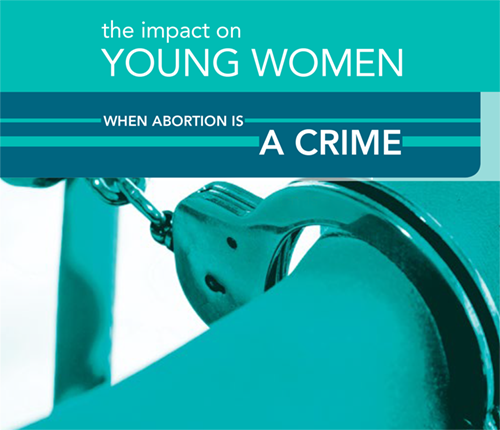
Sep 4, 2020
This fact sheet highlights the disproportionately high impact of criminal abortion laws on young women. In places where abortion is a crime, women who are young, poor, uneducated and facing an unwanted pregnancy are at greater risk of resorting to illegal and unsafe abortions, and consequently being investigated, arrested and prosecuted.
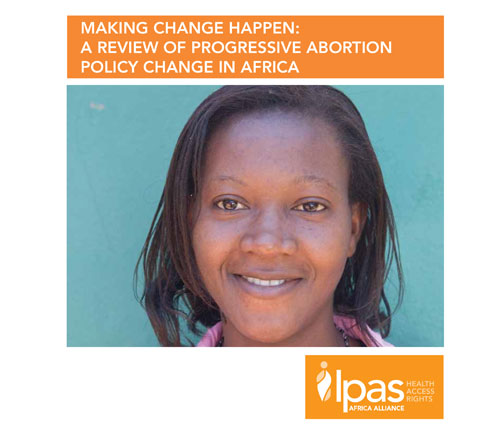
Sep 3, 2020
An overview of progressive abortion policy changes and trends in Africa, primarily between 2010-2016. It outlines strategies in regional policy work by Ipas and partners and points to examples of positive policy change, such as national law reform, updated standards and guidelines, commitments by policymakers, and the integration of safe abortion into regional strategies and actions plans on sexual and reproductive health and rights.
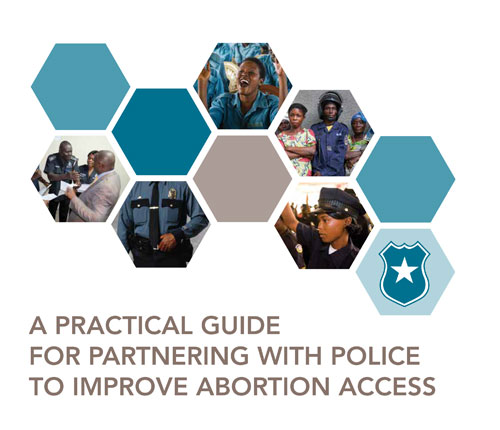
Sep 2, 2020
This guide is a resource for advocates, trainers, project managers and technical advisors who design programs and workshops to engage police on abortion issues. Drawing on the work of Ipas and other organizations, it offers practical strategies for partnering with police to address stigmatized issues and promote public health, with a specific focus on abortion. It can be used both in settings where abortion is legal and accessible and in settings where it is highly restricted.
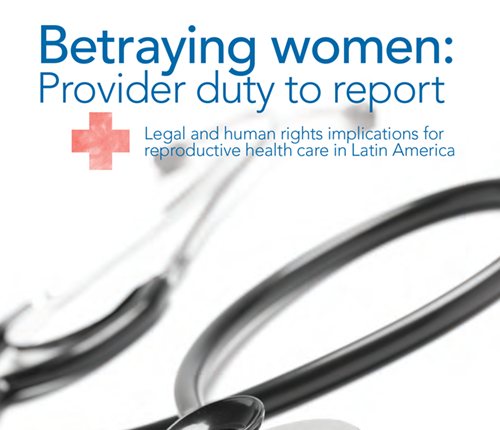
Sep 1, 2020
The longstanding provider-patient confidentiality relationship is quietly eroding as an alarming number of medical staff across Latin America are reporting women and girls to the police for having abortions. Many countries now require, protect or encourage medical providers to breach their confidentiality duties when they treat women seeking postabortion care. This publication covers the three main ways health-care providers are compelled to breach confidentiality, based on the varying Latin American laws governing provider obligations on the issue of abortion. It also details how such laws impact both providers and women, and lists the many international bodies, declarations, consensus documents, etc. that establish standards for protecting patient confidentiality. Finally, the publication provides recommendations for international human rights bodies, governments and health-care professionals to protect women’s right to confidentiality as well as providers’ ethical obligation to uphold that right.
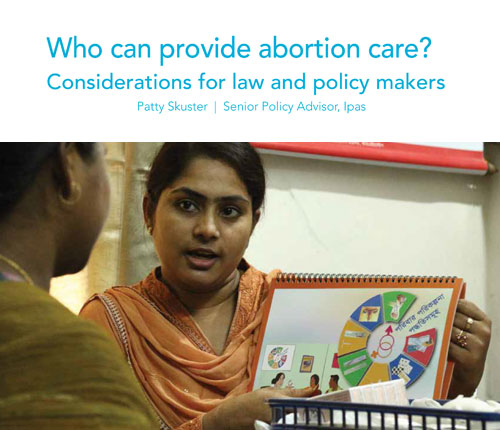
Aug 31, 2020
For women who want to end their pregnancies, laws that allow only medical doctors to provide abortion are real barriers. Abortion can safely be provided by nurses, midwives, paramedical personnel and other midlevel providers. Women who have correct information can take pills to end a pregnancy safely outside a health facility. However, many abortion laws require the involvement of one or more medical doctors. These laws criminalize women and other health professionals who end pregnancies safely without a doctor. Under doctor-only laws, health systems—particularly in the global south—cannot train enough abortion providers to make abortion accessible to all women. Doctor-only laws discriminate against women who belong to vulnerable and disadvantaged groups and who are least likely to have access to medical doctors. Lawmakers need not designate who can provide abortion in the law. Documents such as national health standards and guidelines are better suited to clarify who are authorized providers. This publication explains how Standards and Guidelines, enacted by the Ministry of Health and ideally updated every few years, can reflect the latest scientific evidence in abortion care.






